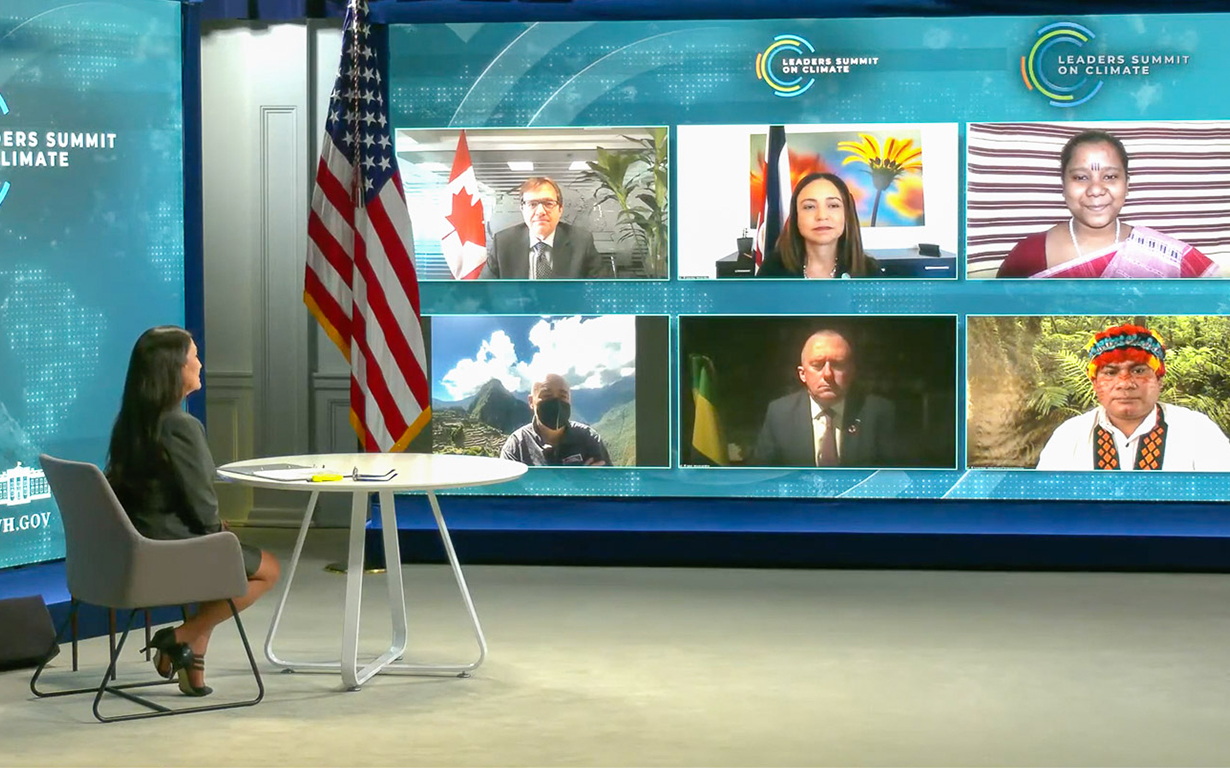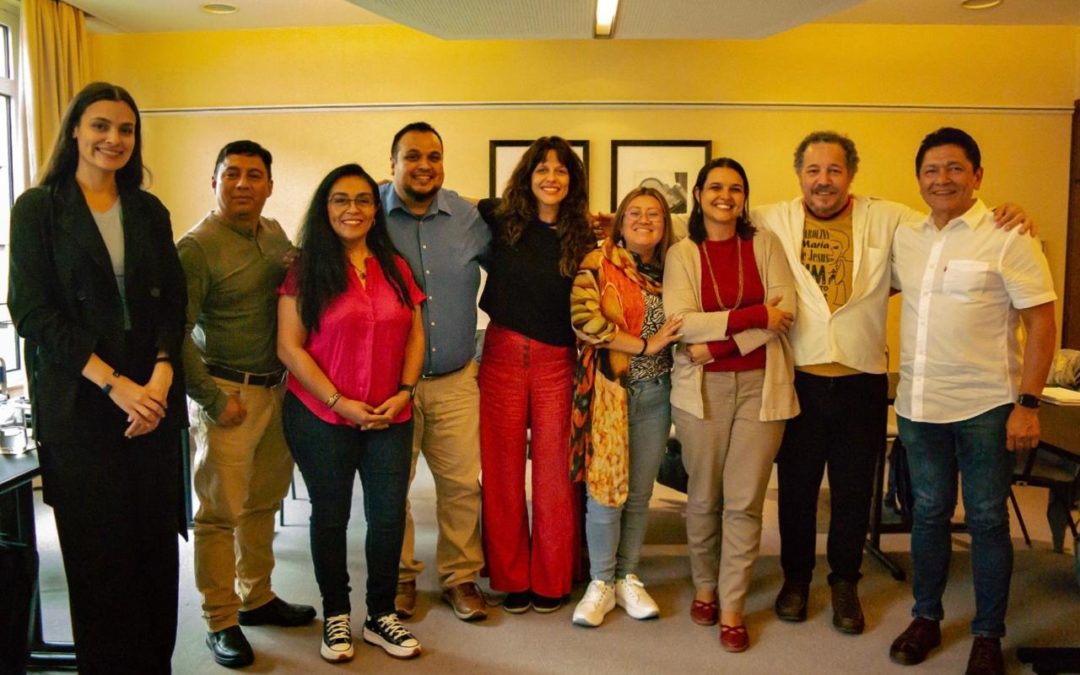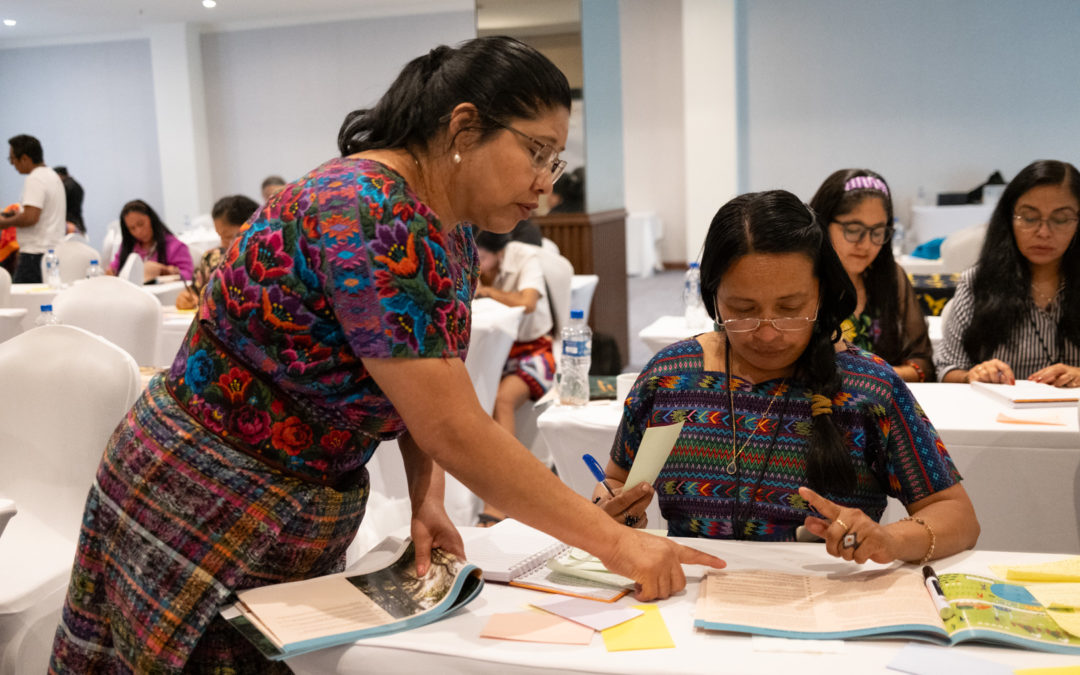Forests are not empty spaces: to save the climate, recognize our land rights.
The Global Alliance of Territorial Communities (AGCT), the coalition of organizations representing indigenous and local communities from Brazil, Indonesia, and the Amazon and Mesoamerican nations, called for recognition of ancestral and local peoples during the Leaders’ Summit on Climate hosted by President Biden.
“It is not a request for charity, nor even for justice: It is our right and also what western science and the data indicate as the only possible course of action to confront this climate crisis,” said Tuntiak Katan, coordinator of the Global Alliance of Territorial Communities and Indigenous leader of the Shuar people of Ecuador. Katan was invited to speak at the Summit session on “Nature-Based Solutions” session, led by the US Secretary of the Interior, Debra Ann Haaland.
The time for truth has arrived, Katan said, addressing a global audience gathered for the Summit: “Just as our elders traveled to Geneva in 1923 to claim their right to live according to their own laws, on their own lands, and according to their own cosmovision, we come again before all nations, with open hearts, looking ahead to the future together and building a new era, all of us, the protagonists in implementing the solutions that will determine the future of humanity.”
On behalf of the Global Alliance of Territorial Communities, Katan welcomed the Biden Administration’s announcements of funding for climate action and the launch of an initiative on Lowering Emission through Accelerated Forest Finance (LEAF). He also invited governments and international institutions to, “learn from past mistakes and avoid depending on the same financing model that has not resulted in the expected outcomes in climate impacts and solutions”, in clear reference to the REDD + initiative, and its single minded focus on the capture of carbon.
Katan noted that findings from a recent study had reported that indigenous and other local communities receive less than 1% of climate finance for climate change mitigation and adaptation.
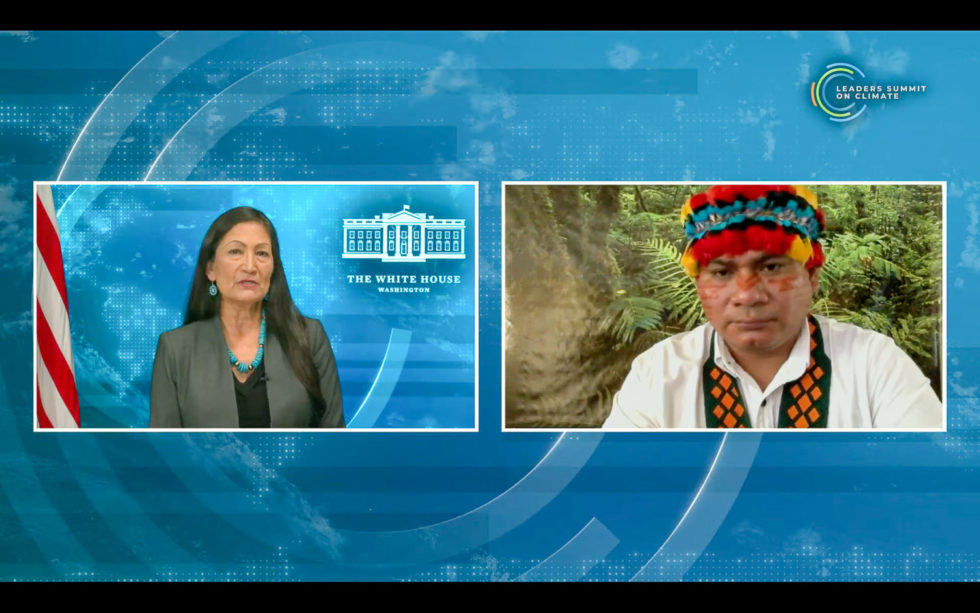
Tuntiak Katan, Coordinator of the Global Alliance of Territorial Communities, called for a “Nature and Community-Based Solutions” approach.
“That must change if we want to avoid climate change,” Katan said. “The forests that are the focus of this climate summit are not vast empty spaces, we, indigenous peoples and local communities, occupy those forests, and we are ready to contribute our forests to one of the most important challenges of our era: restoring the Earth,” he said. “However, real restoration can only happen with legal recognition of our rights to our territories. Without this, it will not be possible to ensure ecosystem integrity or climate security.”
In the 18 countries that are home to the organizations represented by the Global Alliance of Territorial Communities, indigenous peoples and local communities occupy more than 840 million hectares of land, the equivalent of 80% of the area of the United States.
“Of the 840 million hectares, at least 400 million hectares have no recognized legal rights, Katan said.” “We need those land rights to be recognized as the first step in ensuring ecosystem integrity and living following our rights.”
Recognition of the contributions of indigenous peoples in Costa Rica
During her participation in the same panel, Costa Rica’s Minister of Environment and Energy, Andrea Meza, highlighted the contribution of her country’s indigenous peoples to environmental policies. “We are working together with our indigenous peoples and local communities; we believe that they should be part of the creation of these protected areas and in the management of them of course. We know that they have this knowledge, that they are the custodians of these places and therefore it is so important when we talk about the creation and protection of new protected areas,” said Meza.
The Bribri Cabécar Indigenous Network (RIBCA), a member organization of AMPB, has played a vital role in these dialogues with the Costa Rican government with proposals that apply the indigenous cosmovision for the protection of biodiversity and the promotion of sustainable development.
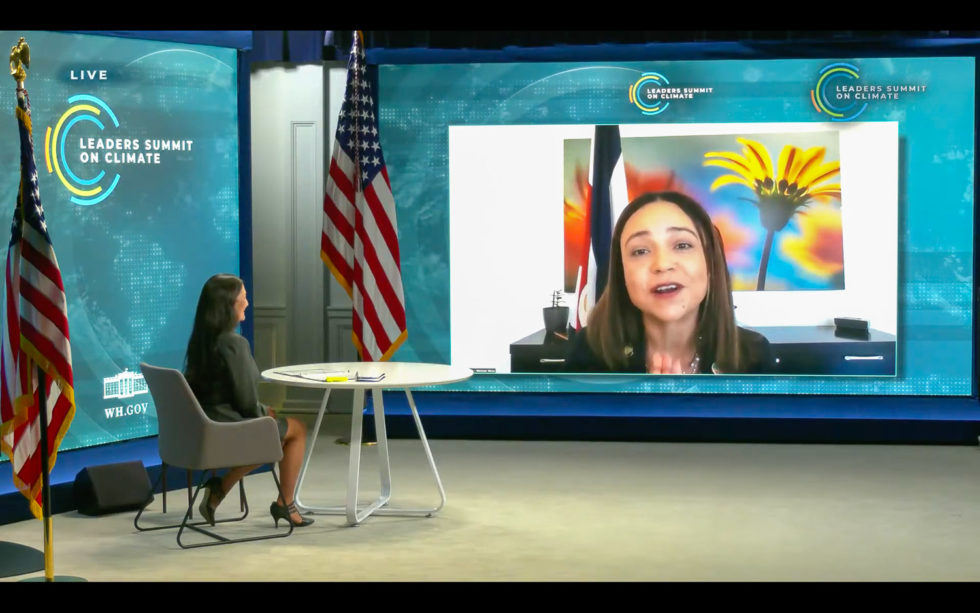
Solutions from Mesoamerica
“This Earth Day, our brother Tuntiak Katan has addressed world leaders to reaffirm our call to recognize the contributions of indigenous peoples and communities of the world to the fight against climate change, sustainable development, and the survival of humanity. From Mesoamerica, we join this cry, because we know that we have invaluable proposals for the problems facing our Mother Earth and those of us who inhabit them.
Our region has been the victim of a cruel system that strips our territories of resources and leaves death, destruction, and desolation in its wake. That is why we want to turn the gaze of the Biden Administration towards us, the communities. Faced with a panorama of corruption and impunity, our community organizations offer an alternative of effective collaboration, which has proven to have impressive results in forest conservation, sustainable and peaceful development for our populations.
The renewed will to live in harmony with nature gives us hope that we are beginning a new era, in which our communities are a vital part of the political and development equation, just as they have always been a vital part of the equation of life on this Earth,” said Levi Sucre, Coordinator of the Mesoamerican Alliance of Peoples and Forests.
Call to action
The AGCT urged the President of the United States and other heads of state to consider investing in the $5 per hectare cost of titling forests claimed by indigenous peoples and local communities in tropical forest countries. This climate-proven solution, experts estimate, would channel at least $2 billion into securing land rights.
“Numerous scientific studies show the key role of indigenous peoples and local communities in protecting forests and other key ecosystems,” Katan said. “When our rights are recognized, there is less deforestation and degradation.”
For this reason, Katan said, indigenous leaders from the organizations represented by the Global Alliance disagree with the concept of “Nature-Based Solutions.” Instead, they call on the international community to speak and act with a focus on “Community and Nature-Based Solutions.”
“Communities are already implementing initiatives for sustainable forest management,” Katan said. “We are part of the solution to climate change, which is why recognizing our land rights is the first step in any serious effort to address the climate crisis.”
He ended with the following message, “Mr. Biden, you have an opportunity and a historic responsibility, along with other world leaders, to make the right policy decisions to stop the climate crisis.”
